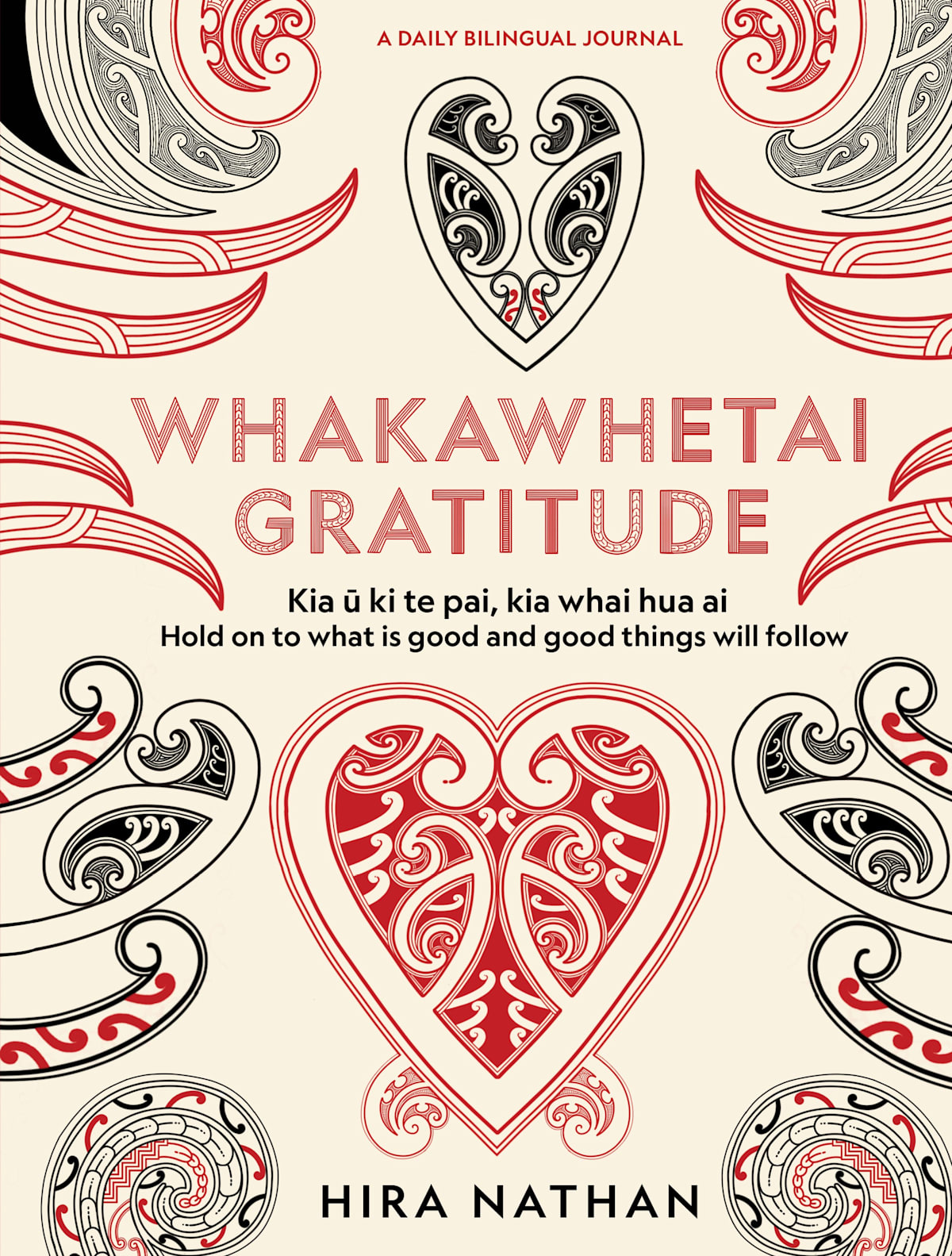
The man behind the number one bestselling gratitude journal tells his story
The practice of gratitude didn’t enter my life like a white feather floating peacefully to earth to spread joy and happiness. It was more like a bull forcing the matador to respect it.
I was born in the 80s in Hawkes Bay and grew up in Havelock North. Havelock is a little village surrounded by beautiful mountains, expensive houses, vineyards and some of New Zealand’s most exclusive wineries. We were Havelock’s shitty little secret. Every town has to have a certain number of state or “affordable” housing options – Havelock put all of theirs at the back of the village and we lived in that bit.
My dad was a plumber and my mum picked fruit and cleaned offices before studying at the local polytech and becoming a carer. I never felt like we were the poor kids and I’m still not sure if we were. We had everything we needed and we were happy.
We spent weekends diving with our dads or watching them get drunk, riding my uncle’s horses or at the marae for different hui, visiting my Nan who lived next door or doing maintenance around the Pā.
Neither of my parents spoke te reo and neither did I but we knew who we were and where we came from. We knew how to get kai from the land. We knew about sharing and we knew about whanaungatanga.
I was always an introspective deep thinker and the world confused me a little bit growing up. I never felt like I belonged anywhere but had friends and was pretty comfortable everywhere. I played rugby, went to parties, skated with my mates and was kind of part of all the groups but felt like a spectator in all of them.
Part of me loved going out underage drinking, going to parties, sneaking into clubs and watching bands but the other part wondered why bother.
I was in Mr Blake’s Māori class at St John's College in Hastings and he made me feel proud to be Māori, he made learning fun and made us feel like we belonged. In contrast my English teacher told me if “I didn’t try harder I would end up like the rest of them”. She may have been trying to motivate me to try harder but it achieved the exact opposite; I didn’t feel like I belonged, didn’t want to be there and hated English class.
My Mum had books about Taoism and Buddhism around the house and I would often read them and loved the idea of simplicity, letting go of ego and having the ability to influence how those things make us feel and act. When I reflect back on it, this would have been around the time I figured out that most of the things we worry about are in our own heads.

I couldn’t wait to leave Hastings. I didn’t hate it I just knew there was more out there that I wanted to see. So I worked with my dad to save some money and at 19 I went to the UK and America. I had plans to travel forever but reality hit, I couldn’t find work and ran out of money eight months later. So I called my Mum to ask her to buy me a ticket home.
I got home, worked with my dad again, saved some money and jumped on a plane to visit my mate Henare down in Dunedin. I got off the plane, we went straight to student bar The Gardies and bought a whole crate over the bar. I decided this was the place for me.
I studied Māori and Philosophy at Otago University and planned on doing journalism and writing the greatest pieces of writing that would inspire and uplift my people. The reality is I spent the next three years getting drunk, going to parties and working in bars. Although I passed first and second year I dropped out to do an electrical apprenticeship.
Māoritanga and philosophical thought never left me but for the next 15 or so years they took a back seat to working long hours and making money.
Then a friend challenged me to fill in a gratitude journal. The rational electrician side of my brain, the reasoning side that just wants to suck it up and get on with it was at war with the hinengaro side, the side that has the capacity to love and feel and be emotional but I gave it a go anyway.
The changes were instant and within a few days I went from being miserable about Auckland traffic and long workdays to being grateful to be able to come home to a nice house and good food. The change meant the rational side of my brain had something to rationalise, real indisputable change.
At the time I was studying te reo at Te Wananga o Aotearoa and it all came together. Te reo, Māoritanga, philosophical thought, hinengaro and rational thought collided like a bull forcing the matador to respect it and Whakawhetai was born.
Whakawhetai: Gratitude by Hira Nathan (Allen & Unwin, $36.99) is available in bookstores nationwide.








